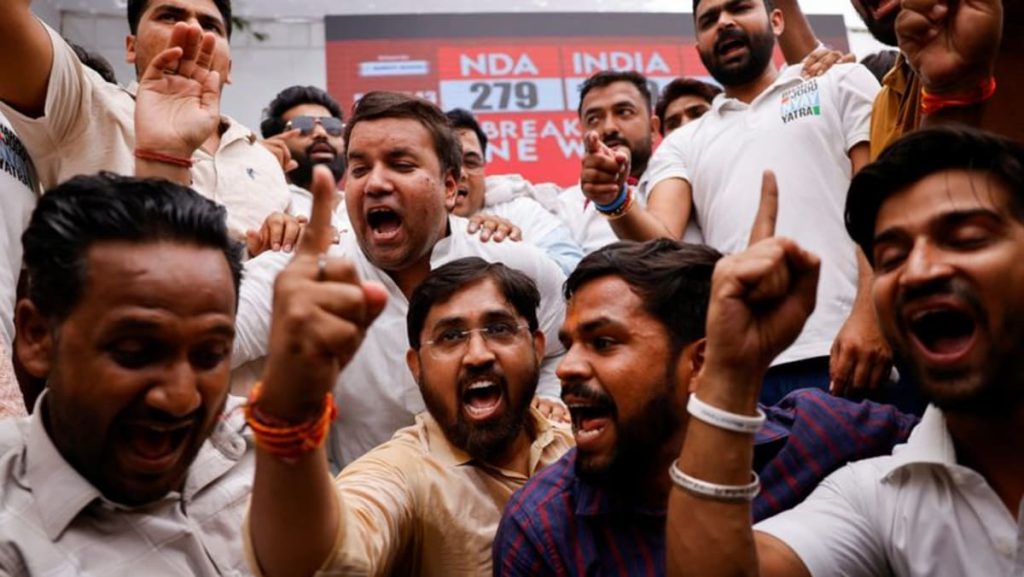India’s political landscape is predicted to undergo a significant shift in the coming years, according to experts. This change is expected to bring a return to coalition partners and alliance politics, moving away from the cult of personality politics that has characterized the last five years. Additionally, there will be a dispersal of political power away from New Delhi, with regional politics playing a more prominent role in national decision-making.
Major coalition partners of Prime Minister Modi, such as the Telugu Desam Party and Janata Dal (United), hold influence in South and East India respectively. This regional influence is likely to impact national politics, further diversifying the political landscape. Mr Sircar from NUS expressed uncertainty about how Mr Modi, who is known for centralizing power, will navigate this new terrain, particularly in dealing with coalition partners who may challenge his authority.
The opposition is also expected to play a more significant role in shaping the next government. In the absence of a strong parliamentary or electoral opposition in recent years, citizens have had to resort to street protests to voice their grievances against the ruling BJP. However, with the potential for a more active opposition in parliament, formal parliamentary procedures may once again become a key channel for addressing public concerns.
The changing political dynamics in India may lead to the formation of new state institutions to maintain unity within the coalition government. Mr Sircar highlighted the need for Mr Modi to adapt to this new reality and potentially adopt a more collaborative approach with coalition partners. Whether Mr Modi will be able to effectively navigate these challenges remains to be seen, as he has historically been known for his aggressive style of governance.
Overall, the return to coalition politics and the rise of regional influence in Indian politics signify a departure from the centralized power structures of the past. This shift towards a more diverse and inclusive political landscape has the potential to revitalize parliamentary democracy in India, providing citizens with greater avenues for engagement and representation. As the country enters this new era of governance, it will be interesting to see how different political actors adapt to the changing dynamics and work together to address the challenges facing the nation.













